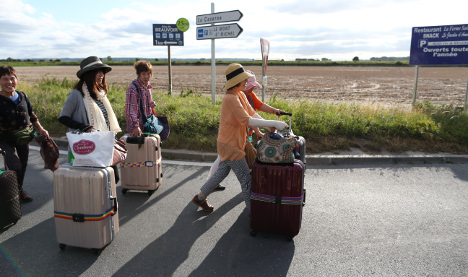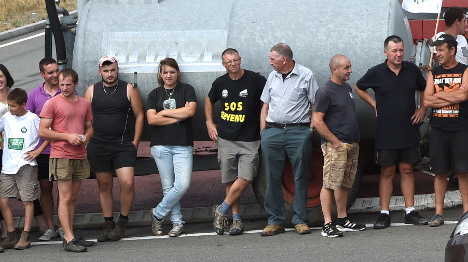
.jpg)
(Farmers block off the A89 motorway. Photo: AFP)
The French government Wednesday unveiled a package worth more than €600 million ($655 million) for farmers, after days of protests that have blocked cities, roads and tourist sites. Some farmers have threatened to continue blockades.


.jpg)
Member comments